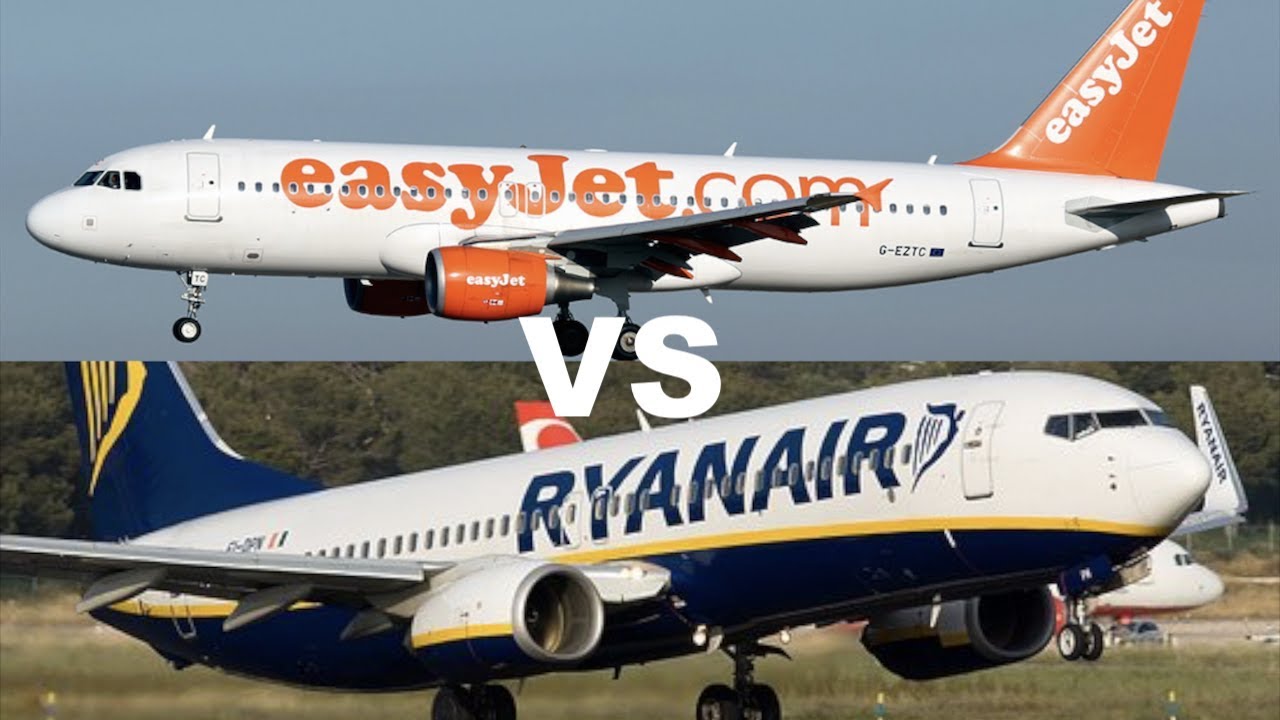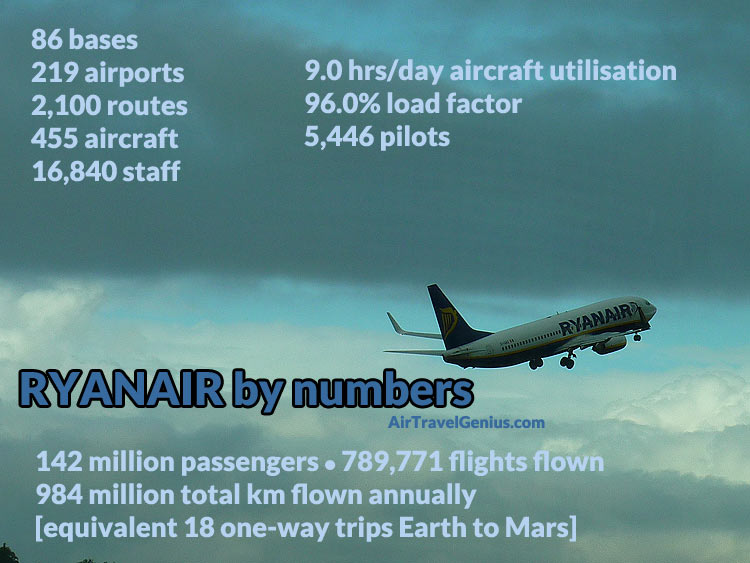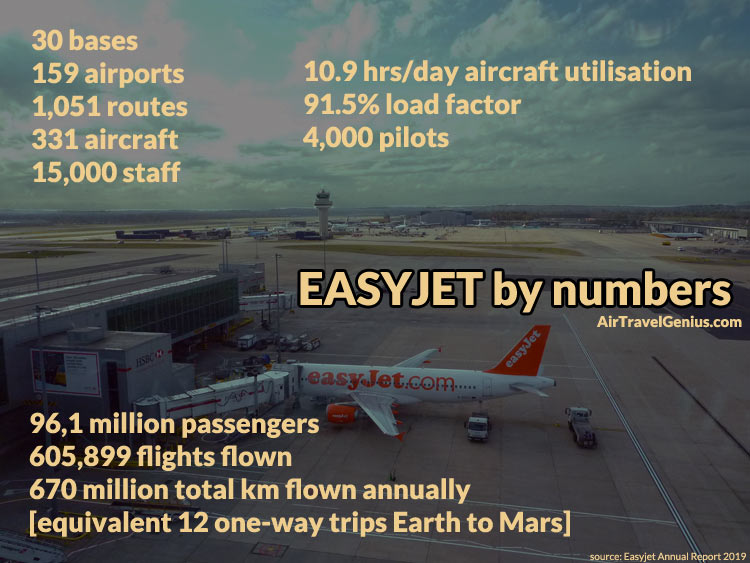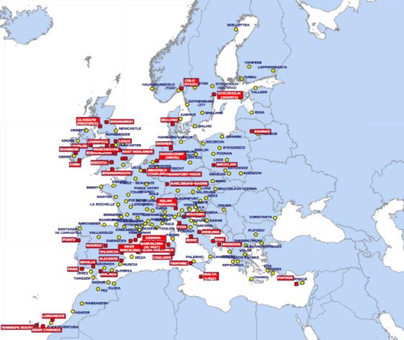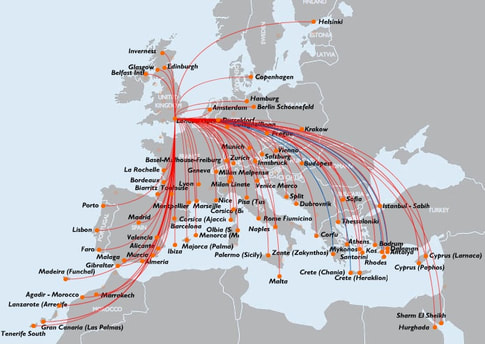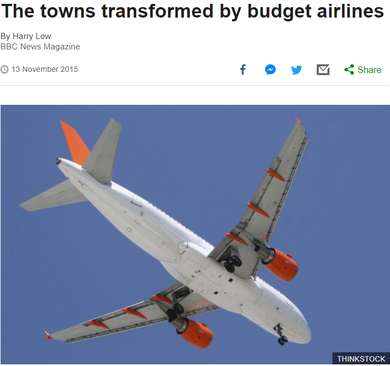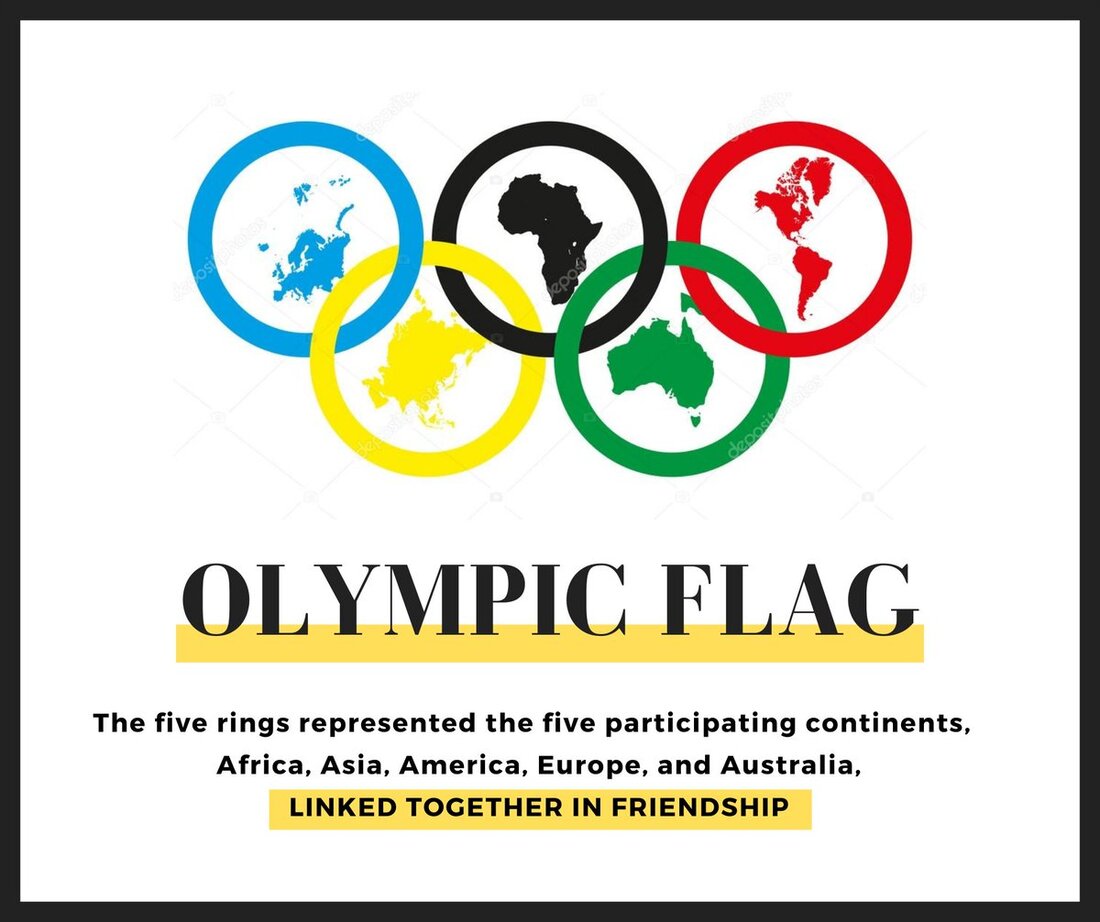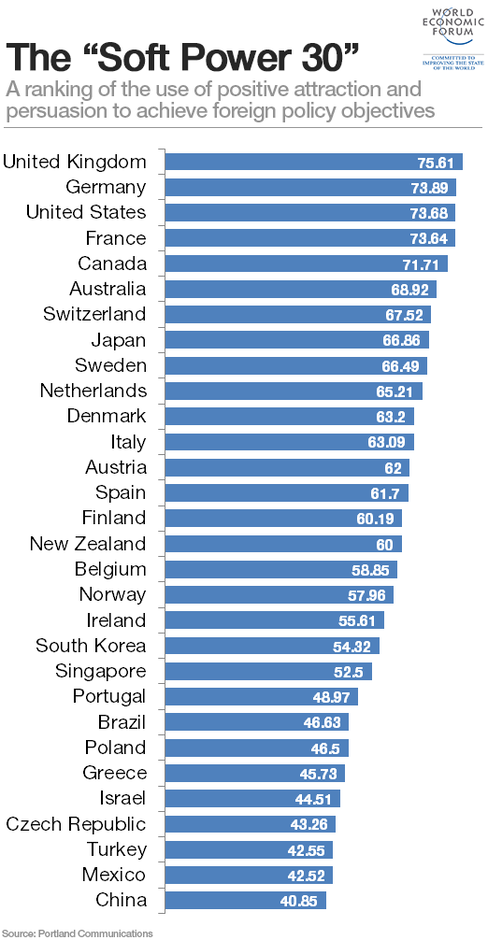What you'll need to know...
The varying power of different countries to participate in global tourism and sport
Niche national tourism strategies with a global sphere of influence, including adventure tourism, movie location tourism and heritage tourism
The role of TNCs in expanding international tourism destinations, including the costs and benefits of TNC involvement for different stakeholders
Costs and benefits of tourism as a national development strategy, including economic and social/cultural effects
Political, economic and cultural factors affecting the hosting of international sporting events, including Olympics and football World Cup events
Case study of costs and benefits for one country hosting an international event
The role of TNCs in expanding international tourism destinations, including the costs and benefits of TNC involvement for different stakeholders
Costs and benefits of tourism as a national development strategy, including economic and social/cultural effects
Political, economic and cultural factors affecting the hosting of international sporting events, including Olympics and football World Cup events
Case study of costs and benefits for one country hosting an international event
Niche National Tourism Strategies With a Global Sphere of Influence...
|
To complete this section of work, we will be focusing on Iceland as our tourism destination. Iceland is an example of a country that has a vast array of unique geographical landscapes and as become very well known in recent years due to the increases in so called 'adventure tourism', as a music video and film location as well as its unique and protected heritage. These facets together with an accessible location midway between Europe and North America have meant that the country now has a global sphere of influence in terms of its tourist arrivals.
Starter - Watch the video to the right to get a feel for the place. Task 1 - Setting the scene Watch the first 6 mins 30 seconds of the YouTube video entitled 'Iceland's Tourism Revolution'. Complete the worksheet above. Task 2 - Niche Tourism We are now going to explore three different areas of tourism that Iceland packages to different target markets. |
|
Complete the worksheet below. Be sure to include details of the influencing factors leading to tourist demand and identify the controlling powers.
|
|
|
|
Adventure Tourism
UNWTO definition - adventure tourism is a trip that contains at least two of the following three elements: * Physical activity * Natural environment * Cultural immersion |
Movie Location Tourism
Film tourism can be defined as a branch of cultural tourism and refers to the growing interest and demand for locations which became popular due to their appearance in films and television series. |
Heritage Tourism
Traveling to experience the places, artifacts and activities that authentically represent the stories and people of the past", and "heritage tourism can include cultural, historic and natural resources". |
When movie tourism goes too far... Watch the video.
The role of TNCs in expanding international tourism destinations...
For this section of the course, we will be using two TNC's (EasyJet & Ryanair) and how the development of low cost flights in Europe has revolutionized the frequency and cost of travel as well as increasing visitor numbers to different places.
Starter: Have you ever wandered how flying on a budget airline can be so cheap? Watch the 8 minute video above to find out why. No need to take notes. Just watch and listen.
Task 1 - Watch the video below from the BBC (would suit a homework task) and complete the note taking sheet.
Link to Daily Motion video location - here
Task 2 - Use the recording sheet below to take a note of some of the key statistics in the graphics above. * = More information and the souces of the graphics above can be found here on this excellent comparison site.
Then, spend some time studying the destination maps and links below.
Task 3 - Study this BBC article, and the video from Discover The World and make notes on how different stakeholders are impacted by the growth of budget air travel using the worksheet below
Task 4 - Exam Corner
Examine ways in which one or more TNC's can expand international tourism destinations. (10).
Costs & Benefits of Tourism as a National Development Strategy...
|
Define: National Development Strategy
A national tourism strategy is a government policy that encourages tourism and that brings benefits to the country. Most countries have national development strategies relating to aspects of their economic or social development. (Source: Matt Burdett 2017). How can national tourism development be modeled? The first graph to the right is called the Butler Model / Tourism Life Cycle Model. In theory, all tourism destinations can be found at some point in this model. Those countries that rely heavily on tourism (France, Spain, Thailand, The Maldives etc.) and want to use the industry a development strategy, must work hard to stay at the peak and not fall into decline. COVID-19 has taken some of these destinations to breaking point given the massive reduction in people travelling and countries closing their borders. Remember that as new countries and destinations become accessible and with the trend towards remote and adventure tourism booming, traditional locations can soon become unpopular or unfashionable and lose their appeal. This can have huge socio-economic consequences particularly if the country had invested heavily in tourism infrastructure. Sources: Butler (1980) Task - Download and complete all activities on the worksheet above. Copies of some of the resources needed can be found to the right. Your overall objective is to be able to answer the following Paper 1 Option E 10-mark question. Evaluate the costs and benefits of tourism as a national development strategy. [10] |
|
Factors Affecting The Hosting Of The 2012 Olympics...
|
The modern Olympic Games or Olympics (French: Jeux olympiques) are the leading international sporting events featuring summer and winter sports competitions in which thousands of athletes from around the world participate in a variety of competitions. The Olympic Games are considered the world's foremost sports competition with more than 200 teams, representing sovereign states and territories, participating. The Olympic Games are normally held every four years, and since 1994, have alternated between the Summer and Winter Olympics every two years during the four-year period. Their creation was inspired by the ancient Olympic Games, held in Olympia, Greece from the 8th century BC to the 4th century AD. Baron Pierre de Coubertin founded the International Olympic Committee (IOC) in 1894, leading to the first modern Games in Athens in 1896. The IOC is the governing body of the Olympic Movement (which encompasses all entities and individuals involved in the Olympic Games) with the Olympic Charter defining its structure and authority. (Source) In politics (and particularly in international politics), soft power is the ability to co-opt rather than coerce (contrast hard power). In other words, soft power involves shaping the preferences of others through appeal and attraction. A defining feature of soft power is that it is non-coercive; the currency of soft power includes culture, political values, and foreign policies. In 2012, Joseph Nye of Harvard University explained that with soft power, "the best propaganda is not propaganda", further explaining that during the Information Age, "credibility is the scarcest resource". (Wikipedia) 2022) |
|
Cultural Factors Watch the two videos to the right hand side. The first is a clip from the Olympic Opening Ceremony and the second from the Closing Ceremony. Task 1. What cultural image was Britain and specifically London trying to portray to the rest of the world in the two ceremonies watched by billions of people worldwide? Make notes under the following subheadings: a. History b. Landmarks c. Film d. Music e. Business f. Humour Socio-Economic Factors Task 2 - The video 'The Venice of the East End?' - to the right will help you to get a feel for the area prior to 2012 Olympic Games. Why choose London and in particular, Stratford in the east of the city? Task 3 - What was Stratford Like Before? Click here to access further information and make notes on the section entitled 'Stratford regeneration – case study'. Take notes on what Stratford was like before the decline and the process of deindustrialisation. Want some images to show that change? Click here for a before / after photo montage from The Guardian. Your notes should include reference to jobs, space, infrastructure. Task 4 - Why was the Stratford and the UK chosen? Why is a strong economy such as that of Great Britain an important geographical factor when deciding on a host country's ability to host such a prestigious event? Using the same like in Task 3, outline why Stratford was chosen and include data that showed its relative social challenges when compared to the rest of London. Success or Failure? What is the legacy of London 2012?
Task 5 - Watch the video above from Sky News and the interview video beneath. Go back to this site, scroll down to the bottom and make a table that shows the social, economic and environmental legacies of the 2012 Games on Stratford. Choose three pros and three cons for each category. |
|
Exam Corner
Outline the costs and benefits for one country hosting an international event (10)
Outline the costs and benefits for one country hosting an international event (10)
Factors Affecting The Hosting Of The 2010 Football World Cup...
The Football World Cup in South Africa in 2010 was the first major sporting event to be held on the African continent. The rapid development of the country from a pariah state in the 1980's to a country of hope and increasing freedom by the turn of the millennium led by President Nelson Mandela.
Having studied the 2012 London Olympics previously and having seen the socio-economic, political and cultural factors affecting the hosting of the event, we are now going to apply to same model to this landmark event two years previously.
"A tournament that will provide momentum for growth and development and would reap the benefits for the people"
Task 1 - This is a flipped learning task. You will watch this documentary at home and complete a note taking frame ready to discuss in class and to answer the questions below the video.
The documentary below explains why an developing country like South Africa would chose to divert funds from healthcare, education and housing to develop HIC level sporting football facilities.
Use the framework below to record your notes from the documentary.
Having studied the 2012 London Olympics previously and having seen the socio-economic, political and cultural factors affecting the hosting of the event, we are now going to apply to same model to this landmark event two years previously.
"A tournament that will provide momentum for growth and development and would reap the benefits for the people"
Task 1 - This is a flipped learning task. You will watch this documentary at home and complete a note taking frame ready to discuss in class and to answer the questions below the video.
The documentary below explains why an developing country like South Africa would chose to divert funds from healthcare, education and housing to develop HIC level sporting football facilities.
Use the framework below to record your notes from the documentary.
- Outline the tangible* and intangible* benefits that South Africa expected to gain from the Olympics. [6]
- Explain why South Africa attracted criticism from some people at the time of the Games. [4]
*What are tangible and intangible benefits?
Sporting events have lasting impacts and can be thought of as ‘tangible’ and ‘intangible’. Tangible legacy refers to specific ‘touchable’ things such as improved transport infrastructure, urban regeneration and new parks. Intangible legacy refers to more abstract things such as changes in attitudes to sport, national pride and greater awareness of environmental issues.
Exam Corner
Outline the costs and benefits for one country hosting an international event (10)

